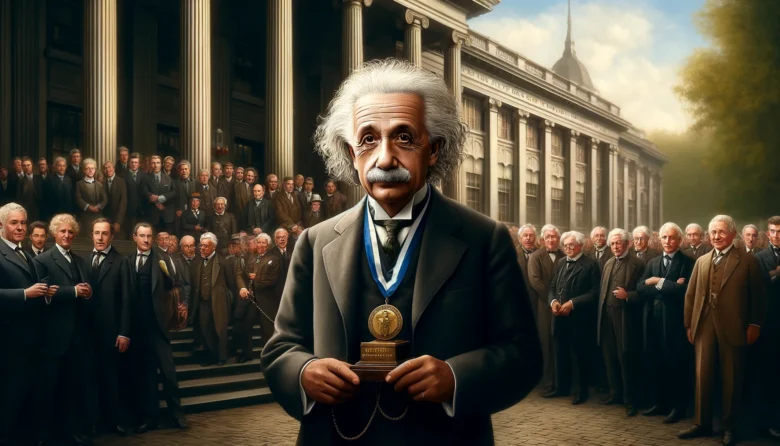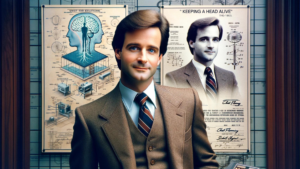A Genius Among Us: The Story Begins
On this day, May 15th, many years ago, the prestigious Franklin Institute in Philadelphia became the backdrop for a remarkable event in the world of physics. It was on this day in 1935 that none other than Albert Einstein, a name synonymous with genius, was honored with the Benjamin Franklin Medal. The award recognized his revolutionary contributions to theoretical physics, especially his theory of relativity, which has profoundly shaped our understanding of the universe.
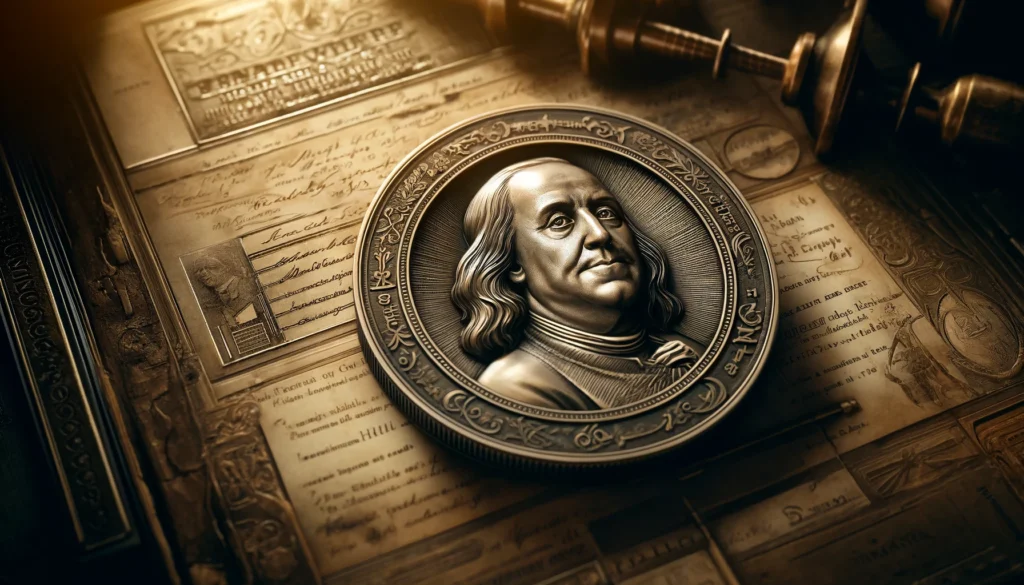 Medal of Innovation
Medal of Innovation
The Benjamin Franklin Medal is not just any award. Established to honor outstanding achievements in science, engineering, and industry, it mirrors the legacy of its namesake, Benjamin Franklin—a pioneer known for his curiosity and varied contributions to knowledge. Recipients of this medal are selected for their groundbreaking work and lasting impact on society, making Einstein an ideal candidate.
The Relativity of Genius
Albert Einstein’s name evokes images of an absent-minded professor with wild hair, but beyond this caricature lies a mind that reshaped our fundamental understanding of the universe. His theory of relativity introduced concepts that challenged the very foundations of physics, proposing that space and time are interwoven and relative, not absolute. These ideas not only catapulted scientific thought forward but also laid the groundwork for modern physics, influencing everything from the way GPS systems work to our understanding of black holes.
A Ceremony to Remember
Step into the Franklin Institute on that notable day in 1935, when a throng of distinguished scientists and eager onlookers, gathered in the grand hall of the Franklin Institute, all waiting to hear from the great Einstein. Yet, in a twist that would become one of the most talked-about moments of the ceremony, Einstein stepped up and admitted he had “nothing to say”.
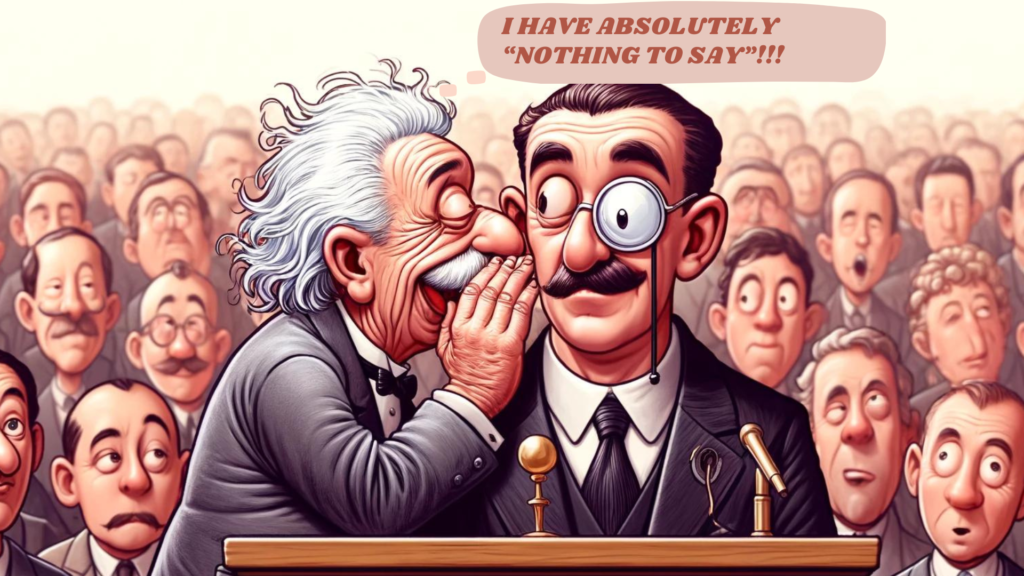
Inspiration had eluded him, leaving the event’s chairman more flustered than the esteemed physicist himself. This humble response, rather than diminishing his stature, only endeared Einstein more to the public and the scientific community.
Einstein’s Atonement: “Physics and Reality”
Perhaps feeling a touch of guilt for his speechless acceptance, Einstein later penned a detailed 44-page essay titled “Physics and Reality.” Published in the Journal of the Franklin Institute, this work dove deep into the essence of physics, exploring the relationship between reality as we perceive it and the theories that attempt to explain it. This essay not only atoned for his earlier silence but also offered the world a deeper insight into his thoughts on the nature of science and reality.
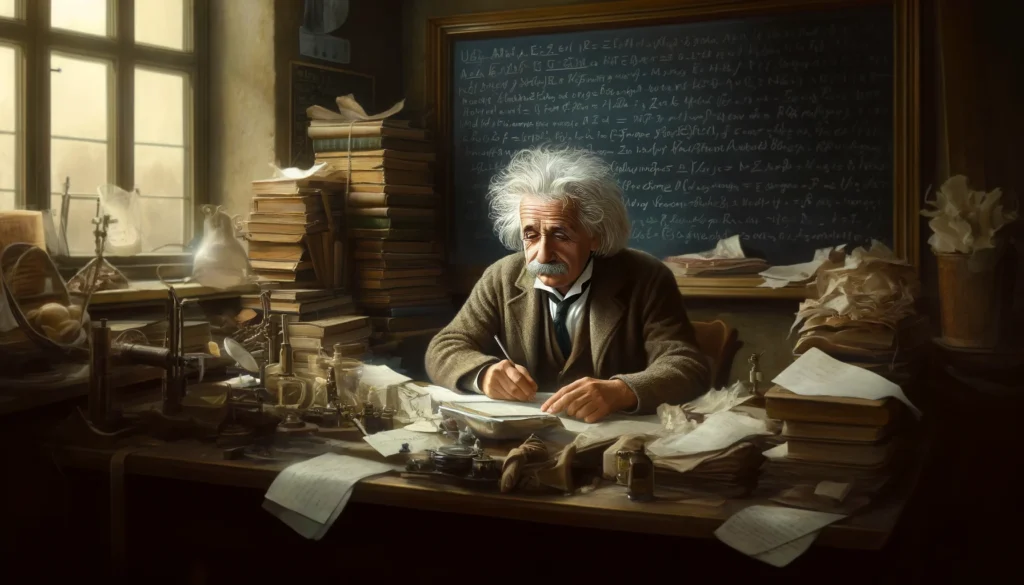
Legacy of Einstein’s Franklin Institute Award
The events of that day and Einstein’s subsequent essay have left an indelible mark on the field of physics and beyond. His theories continue to influence not just science but also philosophy, art, and popular culture, cementing his place as a true icon of intellectual exploration.
Conclusion
Albert Einstein’s receipt of the Benjamin Franklin Medal and his response to it remind us that inspiration can come in many forms—even as an eloquent silence followed by profound written reflections. His legacy is a testament to the power of thinking differently and the impact of sharing that thought with the world.
Call to Action
Let’s take a cue from Einstein and remain curious and thoughtful. Explore more about Einstein’s works or delve into the rich history of other scientific pioneers. Who knows? Maybe inspiration is just around the corner for us all.

Author’s Note:
Thank you for joining me on this journey through a pivotal moment in the life of Albert Einstein and its profound impact on the world of physics and beyond. As we reflect on his contributions and the unique way he approached his accolade, we are reminded of the value of humility and continuous intellectual exploration. Enjoy further reading on this topic through the recommended books below and delve deeper into the legacy of one of the greatest minds in history.
G.C., Ecosociosphere contributor.
References and Further Reading:
- “Einstein: His Life and Universe” by Walter Isaacson – This biography offers a comprehensive look at Einstein’s life, from his early years to his scientific achievements.
- “The World As I See It” by Albert Einstein – A collection of essays and reflections by Einstein himself, providing insight into his thoughts on science, religion, and life.
- “Relativity: The Special and the General Theory” by Albert Einstein – Einstein’s own explanation of his theory of relativity, accessible to those without a scientific background.

